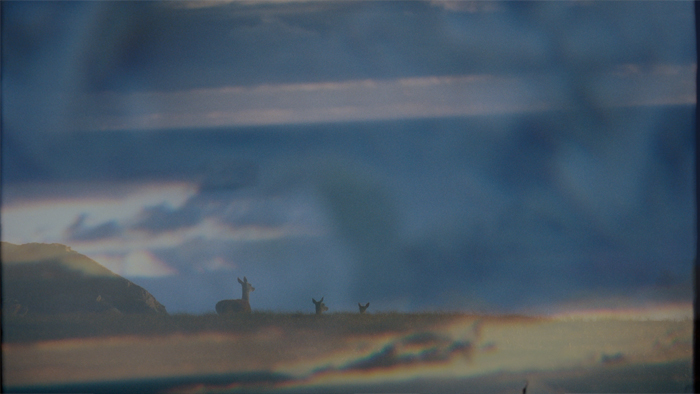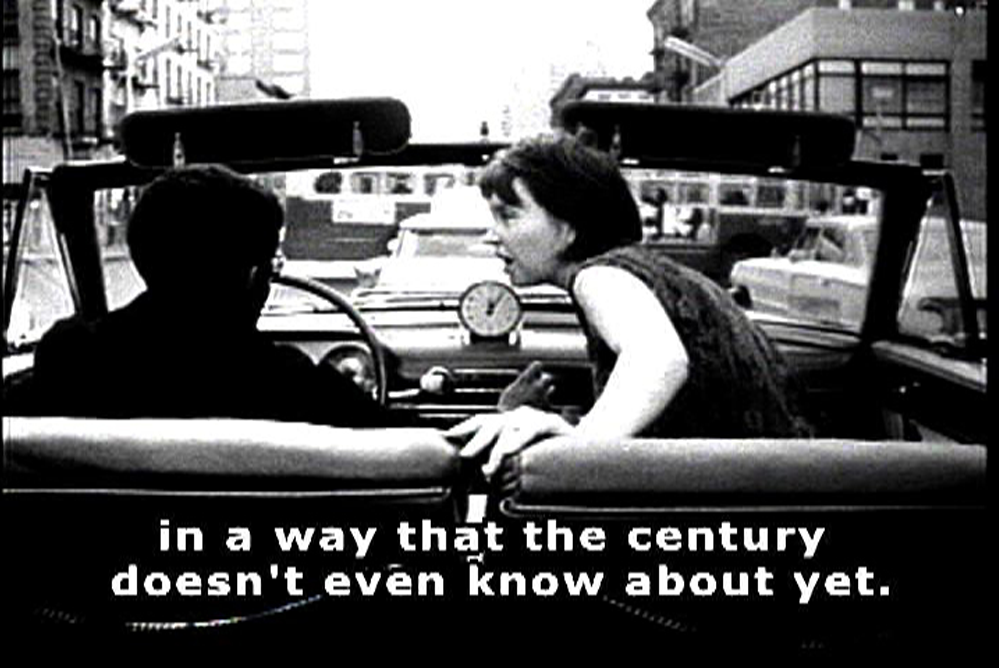
After…After…(Access)
Jordan Lord
A fully transcribed, described, and open-captioned film screening that’s nothing short of their actual open heart.
Arika have been creating events since 2001. The Archive is space to share the documentation of our work, over 600 events from the past 20 years. Browse the archive by event, artists and collections, explore using theme pairs, or use the index for a comprehensive overview.

A fully transcribed, described, and open-captioned film screening that’s nothing short of their actual open heart.

First in a series of workshops for workers and non-workers who care. Does work that asks us to be attentive to the needs of others force us to sell our capacity for kindness?

Can we find ideas of queer anarchism, failure and low theory in popular culture?
Artist Derek Lodge running a specially designed social space, somewhere for conversation, story-telling and interaction.

Personal Spaces: inversion of a territorial bell, confusing the realms between rehearsal and performance, public and private space.

Julius’ “small music” features simple snatches of found sound, played back through small speakers, often set in bowls of pigment and dirt which shimmies in the vibrations.

Investigating the border between the audible and the visible means looking at the margins, the edges of creativity where artists test out new boundaries and define them anew.

What is happening when systems of repression try to grasp communities’ ways of being, living or surviving, applying laws of sexuality, gender or race to cast them as criminal?

How do communities formed under the duress of violent othering and the joy of solidarity – such as ballroom culture, Black diasporas, Zapatistas – reform bonds of kinship?

A speculative narrative film informed by poetry and theories of quantum entanglement across diasporic distance. An intimate exploration of grief and resistance in shifting landscapes of loss, from the streets to the bed.

A parody of a (Manhattan) road movie and meditation on bifurcation, in paths traveled between the seen and the heard; a road trip played over and over from different perspectives.

Summing up of the investigations with a reflection on what has been done that week and what could be done the next.